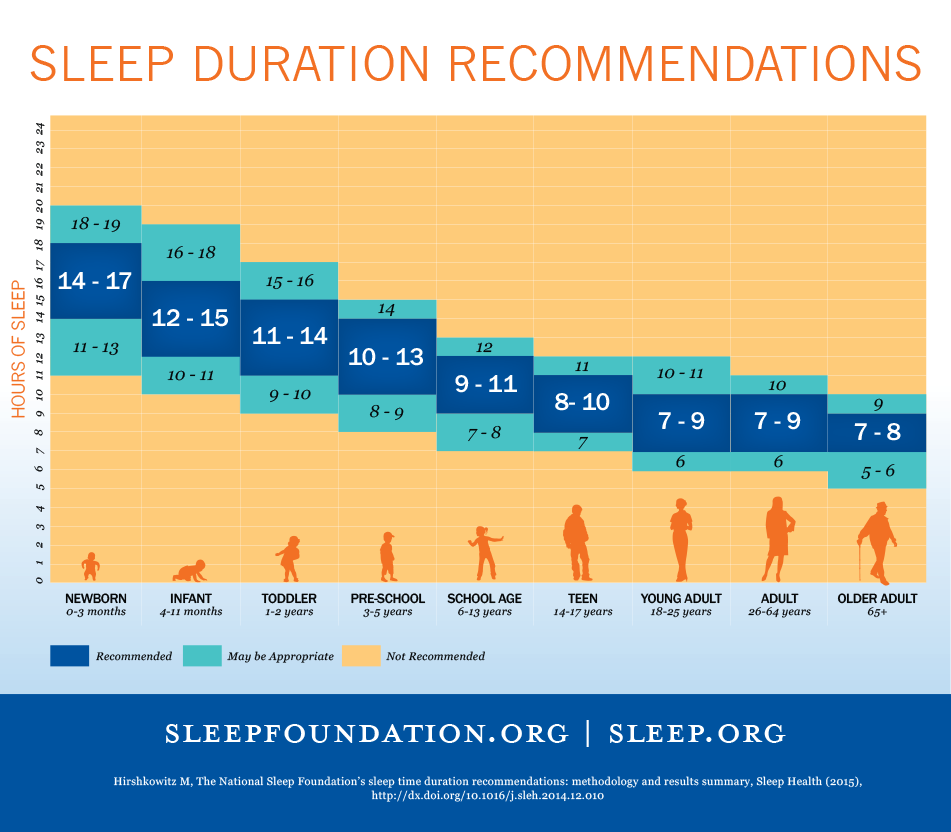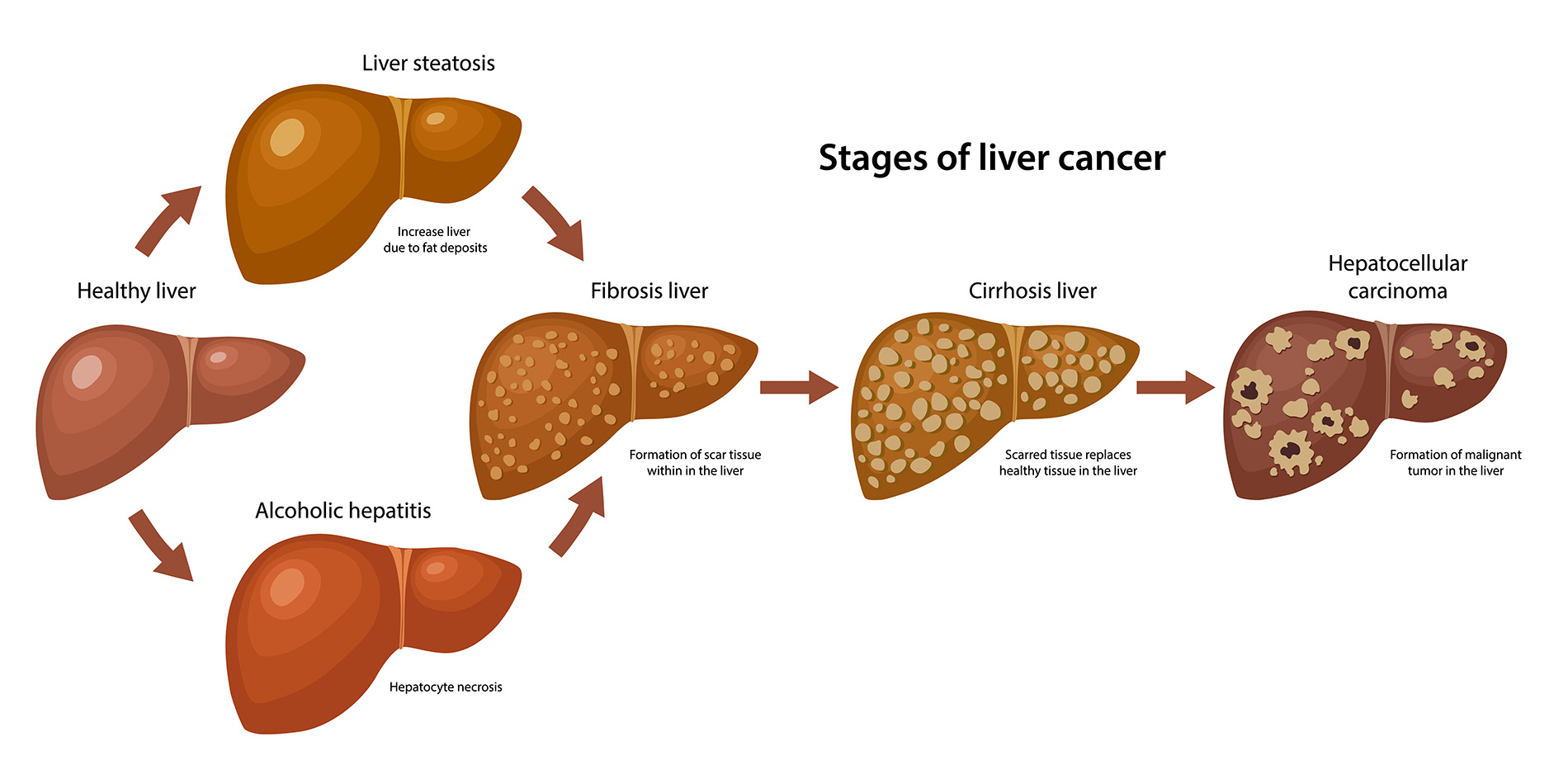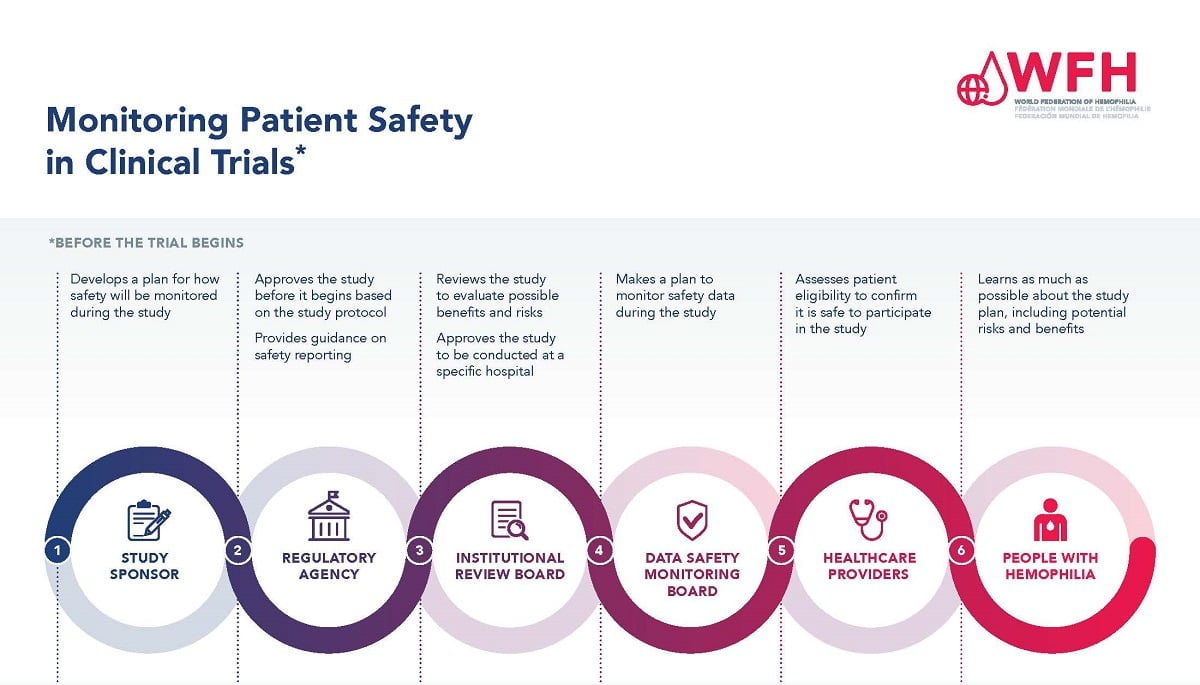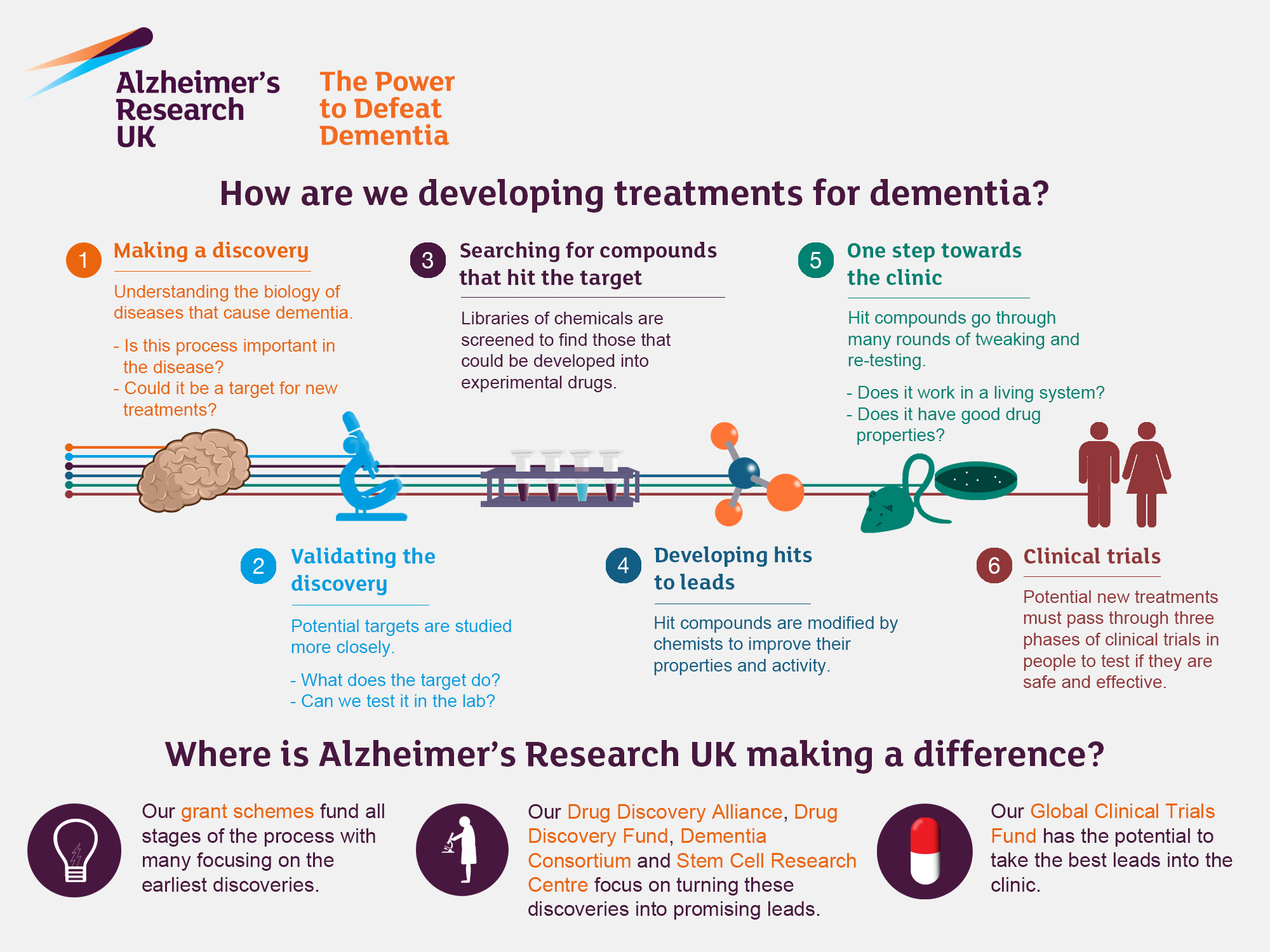When it comes to sleep recommendations, understanding the right amount of restful slumber is crucial for overall health and wellbeing. Sleep plays a pivotal role in regulating mood, enhancing cognitive function, and improving physical health. Many people often wonder, “how much sleep do you need?” The ideal sleep duration varies, but experts generally suggest between 7 to 9 hours for most adults. Additionally, the benefits of good sleep extend beyond mere rest; they can also dramatically improve your daily productivity and emotional stability, reinforcing why establishing consistent sleep patterns is essential.
Exploring effective sleep strategies reveals various approaches to achieving a restful night’s sleep. Many individuals seek guidance on their nightly routines, asking about methods to boost their sleep quality and the importance of establishing healthy sleep cycles. As highlighted by sleep specialists, individuals experiencing insomnia can benefit from cognitive behavioral therapy for insomnia, which helps address sleep issues holistically. Furthermore, consulting a sleep doctor can provide tailored advice to improve nightly rest. Cultivating an understanding of personal sleep needs and patterns is the first step toward achieving rejuvenating slumber.
Understanding Your Sleep Needs
Determining how much sleep you need is a personal journey that can vary significantly from person to person. Generally, it’s about assessing your natural sleep behaviors when left to your own devices—meaning without an alarm or external disruptions. To really understand your sleep needs, try observing your sleep patterns over a few days. Notice how you feel upon waking up, especially if you are allowed to sleep without obligations. This self-exploration can provide deeper insights into your optimal sleep duration.
Conversely, if you’re consistently waking up tired despite logging a standard eight hours, it may be time to investigate potential sleep disorders such as sleep apnea, narcolepsy, or insomnia. Consulting with a sleep doctor can help diagnose underlying issues that disrupt your rest. Remember, various factors like age, lifestyle, and overall health contribute to your individual sleep requirements. Finding your unique rhythm can enhance your quality of life significantly.
The Importance of Sleep Patterns
Sleep is crucial for your physical and mental well-being. Establishing a regular sleep pattern has been shown to improve various aspects of health, from cognitive functions to emotional stability. When your body is attuned to a consistent sleep schedule, it can enhance your alertness and cognitive performance during the day. This not only helps you focus but also boosts creativity and problem-solving skills considerably.
Moreover, recognizing the importance of sleep patterns can aid in reducing the risks of sleep disorders and chronic health issues. By prioritizing consistent sleep times and removing distractions before bedtime, you can foster an environment conducive to sleep. Integrating calming activities into your pre-sleep routine can signal your body that it’s time to wind down, effectively preparing you for rejuvenating rest.
Sleep Recommendations from Experts
Experts suggest that to achieve ideal sleep quality, incorporating specific practices into your routine can make a world of difference. For instance, maintaining a cool, dark, and quiet environment can significantly enhance your sleep experience. Avoiding electronic screens at least an hour before bed is another crucial recommendation, as the blue light emitted can interfere with your body’s natural sleep-wake cycle.
Additionally, avoiding stimulants like caffeine or heavy meals close to bedtime is fundamental for ensuring uninterrupted sleep. Creating a calming pre-sleep ritual such as reading or meditation can set the tone for a better sleep experience. Implementing such expert sleep recommendations can assist in alleviating insomnia symptoms, promoting better rest, and enhancing overall quality of life.
Benefits of Good Sleep
The benefits of good sleep extend beyond just feeling rested. Quality sleep is vital for optimal physical health, cognitive performance, and emotional well-being. Consistent, restorative sleep can improve your immune function, reduce stress levels, and even enhance cardiovascular health. Studies have shown that individuals who prioritize sleep are more productive and can manage interpersonal relationships better due to improved emotional regulation.
Moreover, a well-rested mind exhibits sharper focus and creativity, leading to increased problem-solving capabilities. The connection between sleep and learning is profound, as sleep facilitates memory consolidation, thereby improving your ability to retain new information and skills. Therefore, investing in good sleep habits pays substantial dividends across all facets of life.
Cognitive Behavioral Therapy for Insomnia
Cognitive Behavioral Therapy for Insomnia (CBT-I) is considered the gold standard treatment for chronic sleep issues. Unlike medication, which can mask symptoms temporarily, CBT-I addresses the underlying behavioral and cognitive factors contributing to sleep disturbances. This structured program helps individuals recognize and change thoughts and behaviors that hinder their ability to fall and stay asleep.
Research indicates that CBT-I can be as effective, if not more so, than medication in treating insomnia. It empowers individuals with practical techniques such as sleep stimulus control and relaxation training. By adopting such therapeutic methods, one can foster long-term improvements in sleep quality, thereby significantly enhancing overall health and well-being.
Recognizing Sleep Disorders
Not all sleep disruptions stem from poor habits; many are symptoms of underlying sleep disorders. Common conditions like sleep apnea and restless legs syndrome can significantly impact your sleep without you even realizing it. It is essential to recognize signs that indicate it may be time to seek help—such as excessive daytime sleepiness, frequent waking during the night, or loud snoring.
Visiting a sleep doctor can provide crucial insights into your sleep issues. These specialists can perform necessary assessments, including sleep studies, to accurately diagnose any sleep disorders. Early recognition and treatment are vital, as untreated conditions can lead to severe health implications including cardiovascular issues, depression, and cognitive decline.
The Role of Melatonin in Sleep
Melatonin is a hormone that plays a critical role in regulating your sleep-wake cycle. Produced naturally by the body in response to darkness, melatonin levels rise at night, signaling to your body that it’s time to sleep. For those struggling with sleep disorders, melatonin supplements can be a potential short-term aid; however, it’s essential to consult a healthcare professional before use, as the quality and effectiveness of supplements can vary widely.
While melatonin can assist in adjusting sleep patterns or overcoming jet lag, it is not a silver bullet for chronic insomnia. Relying on melatonin without addressing the root causes of sleep issues may only provide fleeting relief. Therefore, incorporating healthier lifestyle practices alongside any supplementation is crucial for achieving lasting improvements in sleep quality.
How to Create a Sleep-Friendly Environment
Creating a sleep-friendly environment is fundamental to enhancing your sleep quality. Start by ensuring your bedroom is soothing and free from distractions, such as ambient noise or excessive light. Use blackout curtains to darken the room and consider using white noise machines or earplugs to mask disruptive sounds.
The ideal sleep environment should also be comfortable in terms of temperature and bedding. Most experts recommend keeping the room slightly cooler than normal to promote better sleep. Invest in a quality mattress and pillows that provide supportive comfort, and prioritize cleanliness and organization in your sleeping space.
Napping: A Quick Sleep Solution
Napping can be an effective way to supplement your nightly sleep, especially if your schedule disrupts a full night’s rest. Short naps, ideally between 20 and 30 minutes, can rejuvenate your mind and improve alertness without leading to sleep inertia or grogginess upon waking.
However, it’s crucial to time your naps appropriately. Napping too late in the day can interfere with your nighttime sleep patterns. By strategically integrating naps into your daily routine, you can harness their benefits to combat fatigue, enhance mood, and boost overall productivity.
Frequently Asked Questions
How much sleep do you need for optimal health?
The amount of sleep you need can vary individually, but generally, most adults require about 7 to 9 hours of quality sleep per night. To determine your personal sleep needs, observe how much rest allows you to feel refreshed without an alarm clock. The key is to prioritize sleep patterns that align with your body’s natural rhythms.
What are the benefits of good sleep?
Good sleep is crucial for overall health, and its benefits include improved cognitive function, better mood regulation, enhanced immune response, and lower risk of chronic conditions like obesity and diabetes. Establishing consistent sleep patterns can greatly contribute to these advantages, allowing your body to repair and rejuvenate during rest.
What advice do sleep doctors give for better sleep?
Sleep doctors often recommend maintaining consistent sleep patterns, limiting screen time before bed, avoiding caffeine and heavy meals in the evening, and creating a relaxing bedtime routine. If you struggle to fall or stay asleep, consider consulting with a sleep expert who may suggest cognitive behavioral therapy for insomnia (CBT-I) as a long-term solution.
Can cognitive behavioral therapy for insomnia improve sleep quality?
Yes, cognitive behavioral therapy for insomnia (CBT-I) has been shown to effectively improve sleep quality by addressing the thoughts and behaviors that contribute to sleep difficulties. This therapeutic approach can help establish healthier sleep patterns, reduce anxiety around sleep, and ultimately lead to restful nights.
Why is maintaining sleep patterns important for sleep health?
Maintaining consistent sleep patterns helps regulate your body’s internal clock, making it easier to fall asleep and wake up. Irregular sleep schedules can disrupt circadian rhythms, leading to sleep deprivation and other health issues. By establishing a routine, you enhance your sleep quality and overall well-being.
What should you do if you wake up feeling unrested after 8 hours of sleep?
If you wake up feeling unrested despite getting 8 hours of sleep, it may be an indication of underlying issues such as sleep apnea or narcolepsy. Consulting with a sleep doctor can provide insight into potential sleep disorders and help identify appropriate treatments to improve your sleep health.
Do sleep aids like melatonin really work?
Melatonin can help regulate sleep-wake cycles for some individuals but should be used cautiously, as not all melatonin supplements are regulated by the FDA. If you’re considering melatonin, opt for pharmaceutical-grade options and consult a healthcare provider. It’s important to remember that establishing good sleep habits often proves more effective than relying solely on supplements.
How can you create a calming bedtime environment?
To create a calming bedtime environment, consider dimming the lights, engaging in relaxing activities like reading, and making your bedroom conducive to sleep with comfortable bedding. Tools like eye masks, earplugs, and soothing sounds can aid in this process, ensuring you minimize distractions and promote a peaceful setting for sleep.
| Key Point | Explanation |
|---|---|
| Sleep Needs Vary by Individual | How much sleep a person needs is different for everyone, and generally aligns with how much sleep they get without an alarm clock. |
| Signs of Sleep Problems | If you don’t feel rested after several nights of 8 hours of sleep, consider consulting a sleep doctor. |
| Sleep Rituals | Developing a nighttime routine, such as reading or lowering the lights, signals the body that it’s time for sleep. |
| Avoid Stimulants and Stressful Media | Avoid caffeine and stimulating content like horror movies before bedtime to help facilitate better sleep. |
| Melatonin Caution | Melatonin is unregulated by the FDA, and it is recommended to stick to pharmaceutical-grade options. |
| Long-term Solutions for Insomnia | Cognitive Behavioral Therapy is recommended for long-term insomnia management rather than relying on sleep medication. |
Summary
For optimal sleep recommendations, it’s crucial to understand that your sleep needs can vary significantly based on individual circumstances. Establishing a calming nighttime routine, avoiding stimulants, and consulting a doctor when necessary can lead to better sleep quality. Therefore, prioritize these sleep recommendations to enhance not just the quantity, but also the quality of your sleep.



